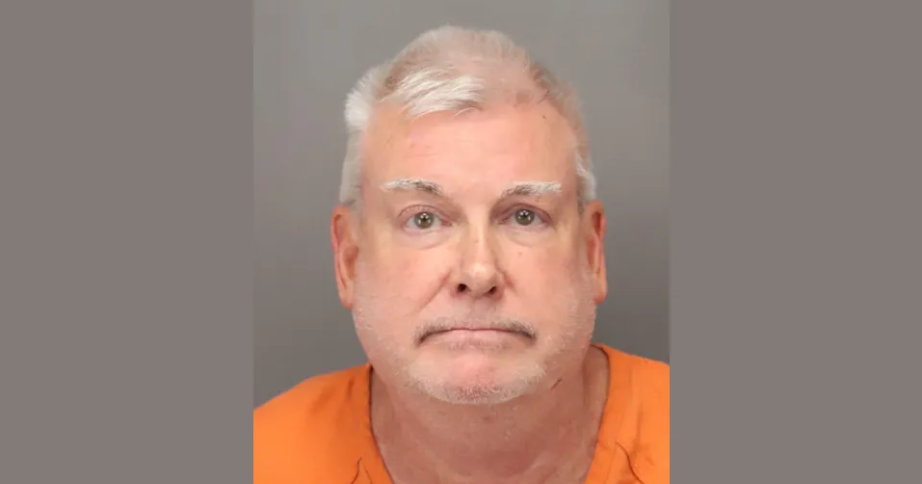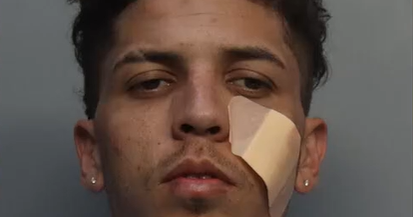Miami Business Man Sued For Fraud Over Haiti Homes
MIAMI (CBS4) - A South Florida businessman who convinced investors to back his proposal to build low cost housing in Haiti in the weeks after last year's earthquake is now being sued for not delivering.
Venezuelan born entrepreneur Claudio Osorio, 52, is now facing at least five lawsuits by investors and lenders for fraud, according to CBS4 news partner the Miami Herald.
According to court documents, Osorio claimed his fledgling factory in North Miami, InnoVida, could build lightweight durable fiberglass structures which could be turned into one to two bedroom homes which would ease Haiti's housing crisis. According to Osorio, the company could turn out 30 or 40 of the homes per week. The homes would then be shipped in kits that would be put together in Haiti.
Now more than a year later, that promise remains unfulfilled. Investors including Miami businessman Chris Korge, basketball star Carlos Boozer have sued or plan to file suit against Osorio for tens of millions of dollars in an effort reclaim some of the money they gave him for the venture.
Korge told the paper before making his investment Osorio told him he had $40 million in cash and that a Middle Eastern sovereign wealth fund had plans to buy $500 million in InnoVida stock – it never happened. Korge said he invested $4 million in InnoVida, $3 million of which he borrowed from Rodney Bareto, a Miami-Dade lobbyist.
Osorio said he never provided any incentives for Korge to buy InnoVida shares before they were made public which was still a year and a half to two years away. In an interview with the paper, Orsorio said Korge, a former lobbyist who made millions off development deals, was motivated to buy due to greed.
Osorio reportedly blamed much of the delay in building a factory in Haiti and assembling the homes there on that country's economic paralysis.
Earlier this month a Miami judge found Osorio in default for not turning over records in the Korge case and appointed a receiver to take control of InnoVida and dig into the company's finances to look for money owed to its investors and lenders. While Osorio told the paper the company had between $100 and $200 in assets, including $25 million in cash, court appointed receiver Mark Meland said the InnoVida had no 'sources of funds' to pay their operating expenses.
Meland reportedly found that Innovida deposited tens of millions of dollars in an offshore account in the Cayman Islands, but it only held about $12 thousand now. Meland said he was not able to find out where the money went. A similar discovery was made about the company's 2009 tax filing. In it Innovida reported more than $37 million in 12 foreign accounts. The money is gone and Meland said he received "no adequate explanation" as to what happened to it.
Meland also reportedly discovered that the company wired millions of dollars over several years to an entity called Miami Worldwide Partners. From there it was transferred to the personal account of Elba Gamboa, an assistant to Osorio who oversaw operations at the InnoVida factory. According to Meland, Gamboa said the money transferred to her was used to pay employees of Osorio and his wife but couldn't provide any documentation of where it was spent.
Last week, a judge granted Meland's request to scale back InnoVida's operations. If necessary, the company would be put into Chapter 11 bankruptcy to protect the financial interests of creditors and investors. In addition to being ordered to turn over all of InnoVida's financial records, Osorio was forbidden from transferring any money in the couple's bank accounts without Meland's permission. The couple was also ordered to surrender their passports pending a March 21st hearing.
(©2011 CBS Local Media, a division of CBS Radio Inc. All rights reserved. This material may not be published, broadcast, rewritten, or redistributed. CBS4 news partner The Miami Herald contributed material for this report)



